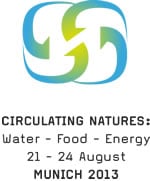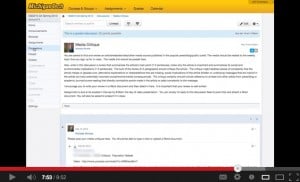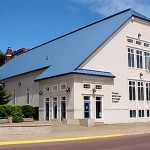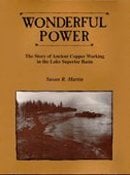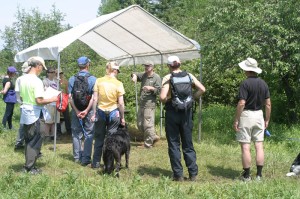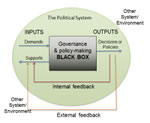 Adam Wellstead (SS) has published “The neglect of governance in forest sector vulnerability assessments: structural-functionalism and ‘black box’ problems in climate change adaptation planning,” in Ecology and Society 18(3): 23 (2013).http://www.ecologyandsociety.org/vol18/iss3/art23/
Adam Wellstead (SS) has published “The neglect of governance in forest sector vulnerability assessments: structural-functionalism and ‘black box’ problems in climate change adaptation planning,” in Ecology and Society 18(3): 23 (2013).http://www.ecologyandsociety.org/vol18/iss3/art23/
From Tech Today.
